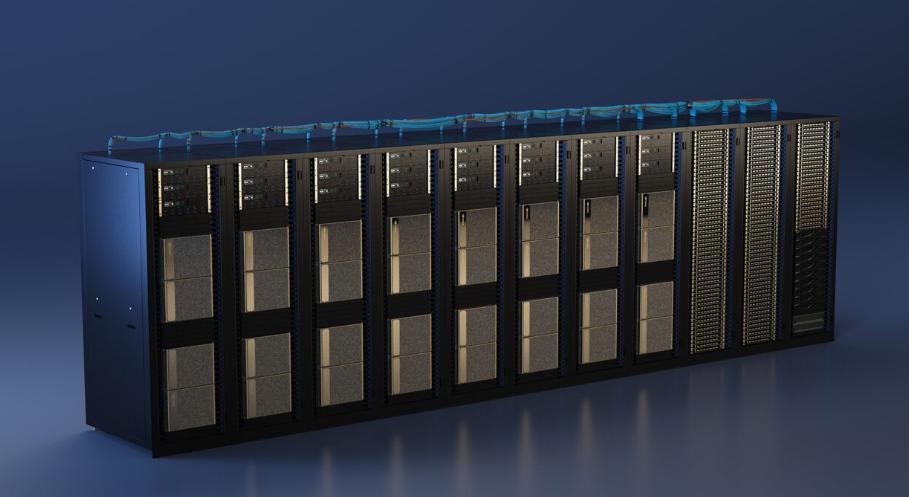Japanese pharmas sign up to use new AI supercomputer

Tech companies Mitsui and NVIDIA have joined forces to develop what they say is the world’s first generative artificial intelligence supercomputer designed for use in pharmaceutical drug discovery.
The Tokyo-1 supercomputer – unveiled at the NVIDIA GTC AI conference this week – will be made available to Japan’s pharma companies and startups in a bid to accelerate the adoption of AI-powered drug discovery in the country’s drug development sector when it goes online later this year.
Drug discovery using AI is being trumpeted as a way to shorten the time to lead candidate selection, reduce costs, and improve success rates, and Japanese drugmakers including Astellas Pharma, Daiichi Sankyo, and Ono Pharmaceutical have already said they will make use of Tokyo-1 in their projects.
Japan has, however, fallen behind the US and China in the adoption of AI in general, and also in pharma, where there has been some resistance to changing processes. Other challenges are more universal – access to knowledge and expertise on AI, and the difficulties in integrating the approach with conventional ‘wet lab’ techniques.
Government and industry leaders in Japan are seeking to regain the country’s prior position at the leading edge of new technologies with its Connected Industries concept: essentially, the digitalisation of its industrial production base. That, in turn, is part of ‘Society 5.0’, a concept that aims to place technologies like AI, Internet of Things, big data, robotics, and virtual and augmented realities at the heart of Japan’s growth strategy.
The Tokyo-1 supercomputer taps into that trend, with the ambitious aim of accelerating Japan’s $100 billion pharma industry – the world’s third-largest behind the US and China, according to NVIDIA and Mitsui.
“Japanese pharma companies are experts in wet lab research, but they have not yet taken advantage of high performance computing and AI on a large scale,” commented Yuhi Abe, general manager of Mitsui’s digital healthcare business.
“With Tokyo-1, we are creating an innovation hub that will enable the pharma industry to transform the landscape with state-of-the-art tools for AI-accelerated drug discovery,” he added.
On the technical side, Tokyo-1 – operated by Mitsui’s Xeureka subsidiary – will provide clients with access to 16 NVIDIA DGX H100 nodes supporting molecular dynamics simulations, large language model training, quantum chemistry, generative AI models that create novel molecular structures for potential drugs, and more.
Customers will be able to access a dedicated server on the supercomputer, receive technical support from Xeureka and NVIDIA, and participate in workshops and technical training on accelerated computing and AI for drug discovery.
“Tokyo-1 is designed to address some of the barriers to implementing data-driven, AI-accelerated drug discovery in Japan,” said Hiroki Makiguchi, product engineering manager in the science and technology division at Xeureka.
“This initiative will up-level the Japanese pharmaceutical industry with high performance computing and unlock the potential of generative AI to discover new therapies," Makiguchi added.
A recent GlobalData report suggested that pharma industry spending on AI-powered drug discovery will reach $3 billion in 2025. The aim is to overcome a very low success rate in drug discovery, with just 10% of candidates making it into clinical development, despite the application of new computational technology techniques.













